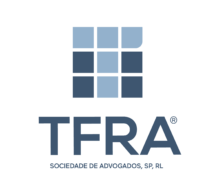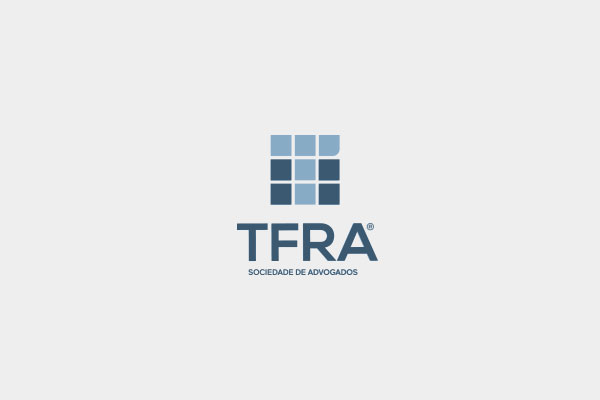There are, today, several investment options and forms. Among them, cryptocurrencies have been gaining national and international traction and attention. Several cryptocurrencies are currently available; the most relevant are bitcoin, ethereum, ripple and bitcoin cash.
A cryptocurrency is any currency based on blockchain technology (i.e., a permanent transaction record). Given that it is a cryptography-based system, all cryptocurrencies are protected from forgery or theft, and the owner’s identity is also secure by said technology. These currencies are not physical, and they are no more than an instrument aimed at facilitating Internet transactions, including payments in a few online stores, or direct (or intermediated) transactions between two entities.
A virtual currency is an unregulated form of digital cash that is neither issued nor guaranteed by a central bank. Unlike a real currency, which is produced and managed by a central bank, a virtual currency is tracked by a network of users, and its reliability is based on mathematical calculations.
Cryptocurrencies do not currently have a specific legal framework defining their creation and/or usage that allows the clarification of the rights and obligations of all payment model stakeholders. The absence of an assigned management and control entity makes it difficult to define the jurisdiction under which the applicable procedures and regulations ought to be established.
As such, the current situation begs the following question: Can cryptocurrencies be considered real currencies?
According to the Banco de Portugal 1 (the Portuguese National Bank), and given that there is no central entity responsible for ensuring the irrevocability and definiteness of payment orders, virtual currencies cannot be considered secure currencies, as there is no assurance that they will be accepted as payment means.
Cryptocurrencies are issued by unregulated and unsupervised entities and, therefore, are not subjected to any weighted requirements. The system is also not subjected to any sort of supervision, and the risk inherent to the related activity is entirely borne by the system’s users, as there is no deposit insurance fund to protect investors/depositors.
Likewise, the Autoridade Tributária e Aduaneira Portuguesa 2 (the Portuguese Tax and Customs’ Authority, hereinafter shortened to “AT”) has made known its understanding regarding this subject, as part of a recently published binding information statement, declaring that “virtual ”currencies are not technically regarded as ‘currency’ because they lack legal tender attributes or discharging power in Portugal; however, […] they can be effectively traded for real currency […] at companies specifically specialised for that purpose, and their value, versus the real currency, is determined by the online demand for cryptocurrencies”.
Because of the above, and as far as the sale of cryptocurrencies is concerned, that is the current tax framework of the tax levied on private individual income (a.k.a. “IRS”)?
According to the previously referred AT binding information statement, any income pertaining to cryptocurrency sales cannot be taxed as IRS, be it under the E (capital gains) or the G (assets’ increase as capital gains) categories.
Therefore, and as stated by the AT, all profits obtained with the sale of cryptocurrencies cannot be taxed under the Portuguese tax jurisdiction, unless it be construed as the taxpayer’s professional or business activity; in the latter case, said profits shall be taxed as income pertaining to the IRS B category.
As such, and as far as potential capital gains for private individuals are concerned, Portugal has got, at least for now, an appealing tax framework that compounds the existing Non-Habitual Resident Regimen for the attraction and retention of tax residents with significant purchasing power.
1* In Banco de Portugal Announcement of November 22, 2013, available at: https://www.bportugal.pt/comunicado/esclarecimento-do-banco-de-portugal-sobre-bitcoin
2* Cf. Binding Information Statement no. 5717/2015; order issued on December 27, 2016, by the Assistant Director-General for Private Individual Income Tax, available at: https://info.portaldasfinancas.gov.pt/pt/informacao_fiscal/informacoes_vinculativas/rendimento/cirs/Documents/PIV_09541.pdf

